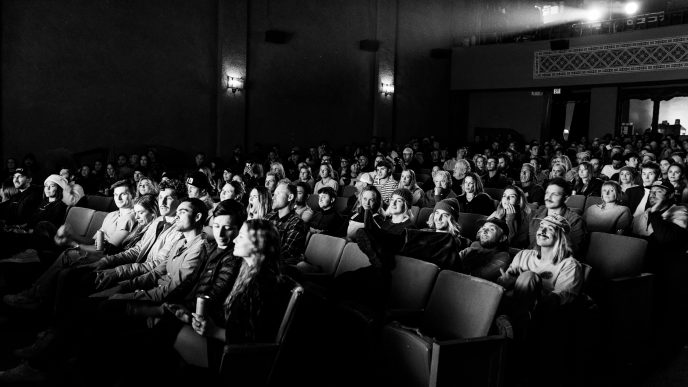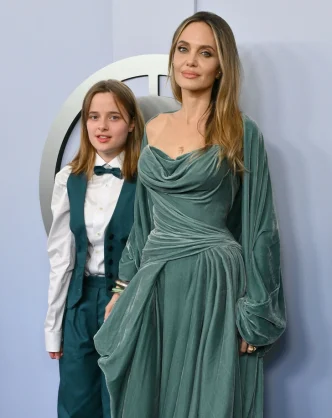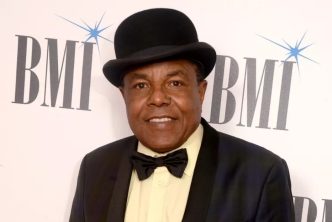BBC invited writers from around the globe to select tales that have persisted through generations and across different cultures, making a significant impact on society.
“I seldom encounter anyone who isn’t familiar with part of this tale – the notion of a lost man struggling to return home after the war… the woman at home with her suitors. Each person can share some variation of it, meaning it resides within them.” – Tess Taylor, poet, discussing Homer’s Odyssey
In April, BBC Culture surveyed global experts, asking them to name up to five fictional stories they believed had influenced perspectives or altered history. The responses came from 108 authors, scholars, journalists, critics, and translators across 35 nations, resulting in a diverse selection of novels, poems, folk stories, and plays in 33 different languages, including Sumerian, K’iche, and Ge’ez.
Homer’s Odyssey ranked first, followed by Uncle Tom’s Cabin. These selections illustrate the varied interpretations of a ‘world-shaping story,’ with the ancient epic enduring through countless retellings, while Harriet Beecher Stowe’s 1852 work was highlighted as “the first widely-read political novel in the US.” The top five also included Frankenstein, Nineteen Eighty-Four, and Things Fall Apart, with two female authors represented (women accounted for 23 of the top 100 authors).
The most frequently mentioned authors within the top 100 stories were Shakespeare, Virginia Woolf, and Franz Kafka, each with three entries. Alongside the celebrated classics, some works are less recognized globally: Upton Sinclair’s The Jungle, which directly influenced new federal food safety laws, and Toba Tek Singh by Saadat Hasan Manto, esteemed as “a classic short story that captures the trauma of Partition through the lens of the post-Partition exchange of lunatics between India and Pakistan.”
This list is not exhaustive. It serves as a starting point to ignite discussions about why certain stories endure over time; exploring how they continue to have relevance centuries and millennia after their creation. Moreover, it highlights why sharing these narratives is a fundamental human instinct, one that transcends division, motivates change, and can even ignite revolutions.
Top 100
The rankings were based on a system of ballots, initially organized by the number of critic votes, then by total critic points, and finally alphabetically (titles from 73 to 100 are tied).
- The Odyssey (Homer, 8th Century BC)
- Uncle Tom’s Cabin (Harriet Beecher Stowe, 1852)
- Frankenstein (Mary Shelley, 1818)
- Nineteen Eighty-Four (George Orwell, 1949)
- Things Fall Apart (Chinua Achebe, 1958)
- One Thousand and One Nights (various authors, 8th-18th Centuries)
- Don Quixote (Miguel de Cervantes, 1605-1615)
- Hamlet (William Shakespeare, 1603)
- One Hundred Years of Solitude (Gabriel García Márquez, 1967)
- The Iliad (Homer, 8th Century BC)
- Beloved (Toni Morrison, 1987)
- The Divine Comedy (Dante Alighieri, 1308-1320)
- Romeo and Juliet (William Shakespeare, 1597)
- The Epic of Gilgamesh (author unknown, circa 22nd-10th Centuries BC)
- Harry Potter Series (J.K. Rowling, 1997-2007)
- The Handmaid’s Tale (Margaret Atwood, 1985)
- Ulysses (James Joyce, 1922)
- Animal Farm (George Orwell, 1945)
- Jane Eyre (Charlotte Brontë, 1847)
- Madame Bovary (Gustave Flaubert, 1856)
- Romance of the Three Kingdoms (Luo Guanzhong, 1321-1323)
- Journey to the West (Wu Cheng’en, circa 1592)
- Crime and Punishment (Fyodor Dostoevsky, 1866)
- Pride and Prejudice (Jane Austen, 1813)
- Water Margin (attributed to Shi Nai’an, 1589)
- War and Peace (Leo Tolstoy, 1865-1867)
- To Kill a Mockingbird (Harper Lee, 1960)
- Wide Sargasso Sea (Jean Rhys, 1966)
- Aesop’s Fables (Aesop, circa 620 to 560 BC)
- Candide (Voltaire, 1759)
- Medea (Euripides, 431 BC)
- The Mahabharata (attributed to Vyasa, 4th Century BC)
- King Lear (William Shakespeare, 1608)
- The Tale of Genji (Murasaki Shikibu, before 1021)
- The Sorrows of Young Werther (Johann Wolfgang von Goethe, 1774)
- The Trial (Franz Kafka, 1925)
- Remembrance of Things Past (Marcel Proust, 1913-1927)
- Wuthering Heights (Emily Brontë, 1847)
- Invisible Man (Ralph Ellison, 1952)
- Moby-Dick (Herman Melville, 1851)
- Their Eyes Were Watching God (Zora Neale Hurston, 1937)
- To the Lighthouse (Virginia Woolf, 1927)
- The True Story of Ah Q (Lu Xun, 1921-1922)
- Alice’s Adventures in Wonderland (Lewis Carroll, 1865)
- Anna Karenina (Leo Tolstoy, 1873-1877)
- Heart of Darkness (Joseph Conrad, 1899)
- Monkey Grip (Helen Garner, 1977)
- Mrs. Dalloway (Virginia Woolf, 1925)
- Oedipus the King (Sophocles, 429 BC)
- The Metamorphosis (Franz Kafka, 1915)
- The Oresteia (Aeschylus, 5th Century BC)
- Cinderella (unknown author and date)
- Howl (Allen Ginsberg, 1956)
- Les Misérables (Victor Hugo, 1862)
- Middlemarch (George Eliot, 1871-1872)
- Pedro Páramo (Juan Rulfo, 1955)
- The Butterfly Lovers (folk story, various versions)
- The Canterbury Tales (Geoffrey Chaucer, 1387)
- The Panchatantra (attributed to Vishnu Sharma, circa 300 BC)
- The Posthumous Memoirs of Bras Cubas (Joaquim Maria Machado de Assis, 1881)
- The Prime of Miss Jean Brodie (Muriel Spark, 1961)
- The Ragged-Trousered Philanthropists (Robert Tressell, 1914)
- Song of Lawino (Okot p’Bitek, 1966)
- The Golden Notebook (Doris Lessing, 1962)
- Midnight’s Children (Salman Rushdie, 1981)
- Nervous Conditions (Tsitsi Dangarembga, 1988)
- The Little Prince (Antoine de Saint-Exupéry, 1943)
- The Master and Margarita (Mikhail Bulgakov, 1967)
- The Ramayana (attributed to Valmiki, 11th Century BC)
- Antigone (Sophocles, c 441 BC)
- Dracula (Bram Stoker, 1897)
- The Left Hand of Darkness (Ursula K. Le Guin, 1969)
- A Christmas Carol (Charles Dickens, 1843)
- América (Raúl Otero Reiche, 1980)
- Before the Law (Franz Kafka, 1915)
- Children of Gebelawi (Naguib Mahfouz, 1967)
- Il Canzoniere (Petrarch, 1374)
- Kebra Nagast (various authors, 1322)
- Little Women (Louisa May Alcott, 1868-1869)
- Metamorphoses (Ovid, 8 AD)
- Omeros (Derek Walcott, 1990)
- One Day in the Life of Ivan Denisovich (Aleksandr Solzhenitsyn, 1962)
- Orlando (Virginia Woolf, 1928)
- Rainbow Serpent (Aboriginal Australian story cycle, date unknown)
- Revolutionary Road (Richard Yates, 1961)
- Robinson Crusoe (Daniel Defoe, 1719)
- Song of Myself (Walt Whitman, 1855)
- The Adventures of Huckleberry Finn (Mark Twain, 1884)
- The Adventures of Tom Sawyer (Mark Twain, 1876)
- The Aleph (Jorge Luis Borges, 1945)
- The Eloquent Peasant (ancient Egyptian folk story, circa 2000 BC)
- The Emperor’s New Clothes (Hans Christian Andersen, 1837)
- The Jungle (Upton Sinclair, 1906)
- The Khamriyyat (Abu Nuwas, late 8th-early 9th Century)
- The Radetzky March (Joseph Roth, 1932)
- The Raven (Edgar Allan Poe, 1845)
- The Satanic Verses (Salman Rushdie, 1988)
- The Secret History (Donna Tartt, 1992)
- The Snowy Day (Ezra Jack Keats, 1962)
- Toba Tek Singh (Saadat Hasan Manto, 1955)













